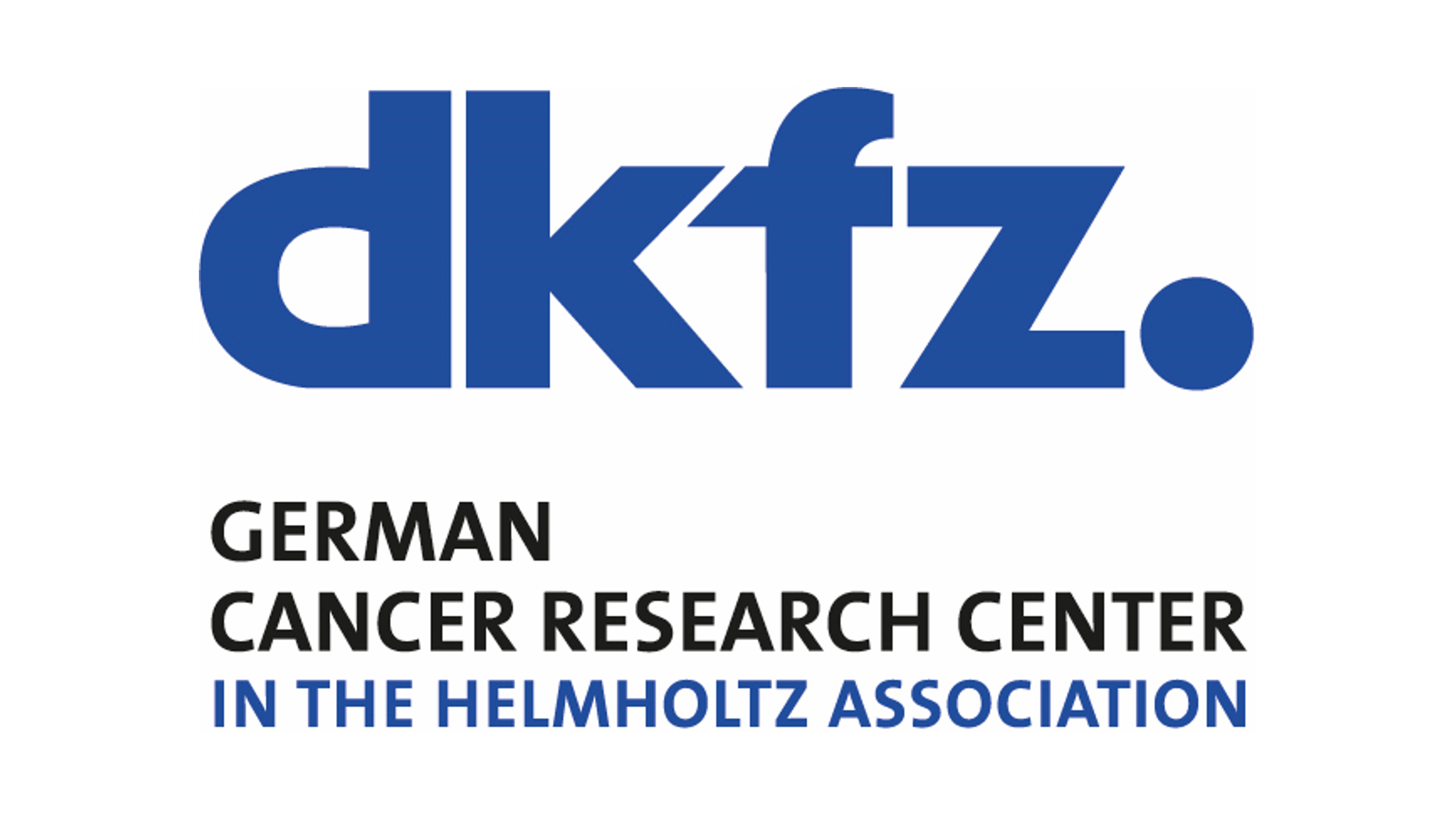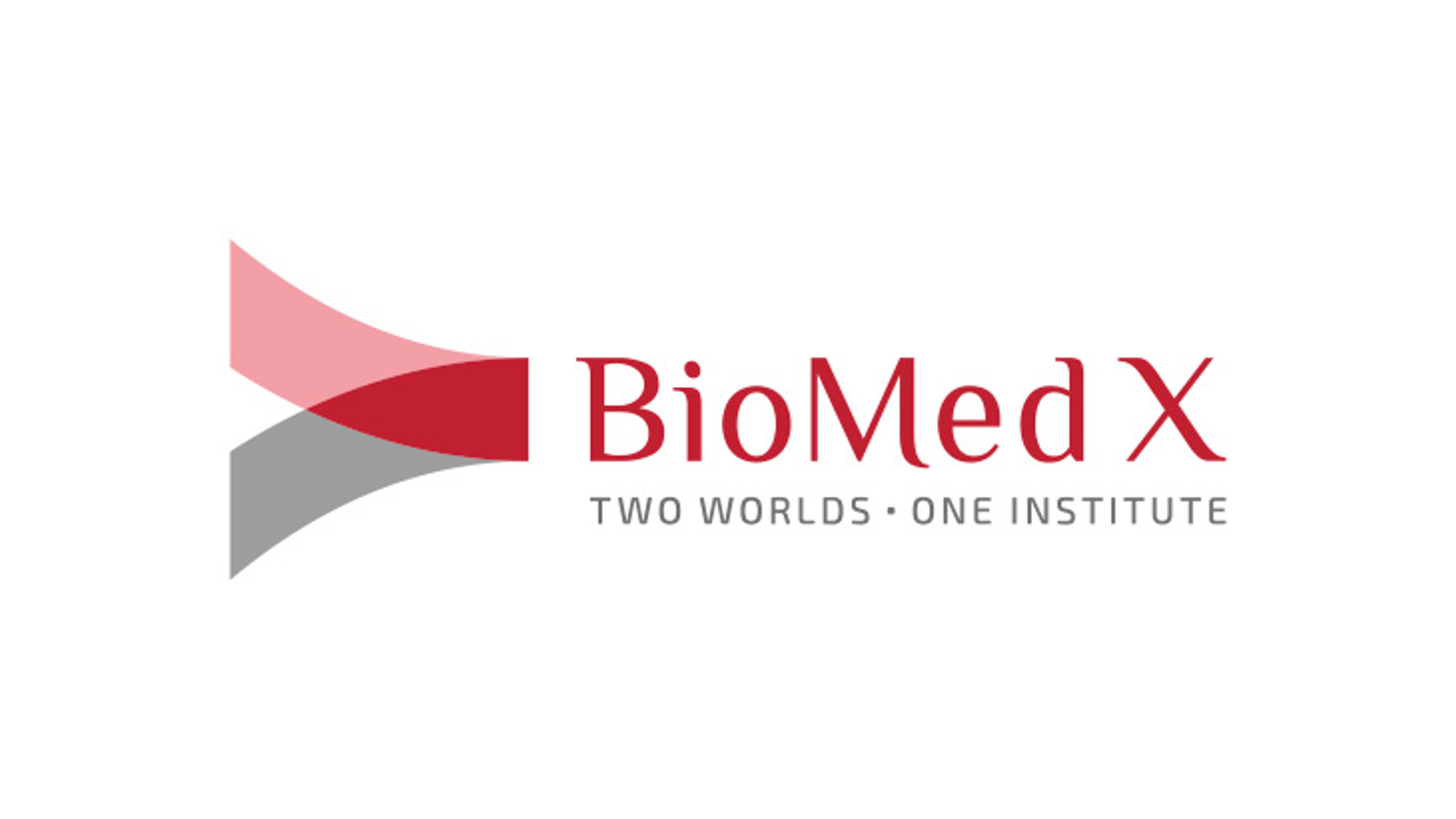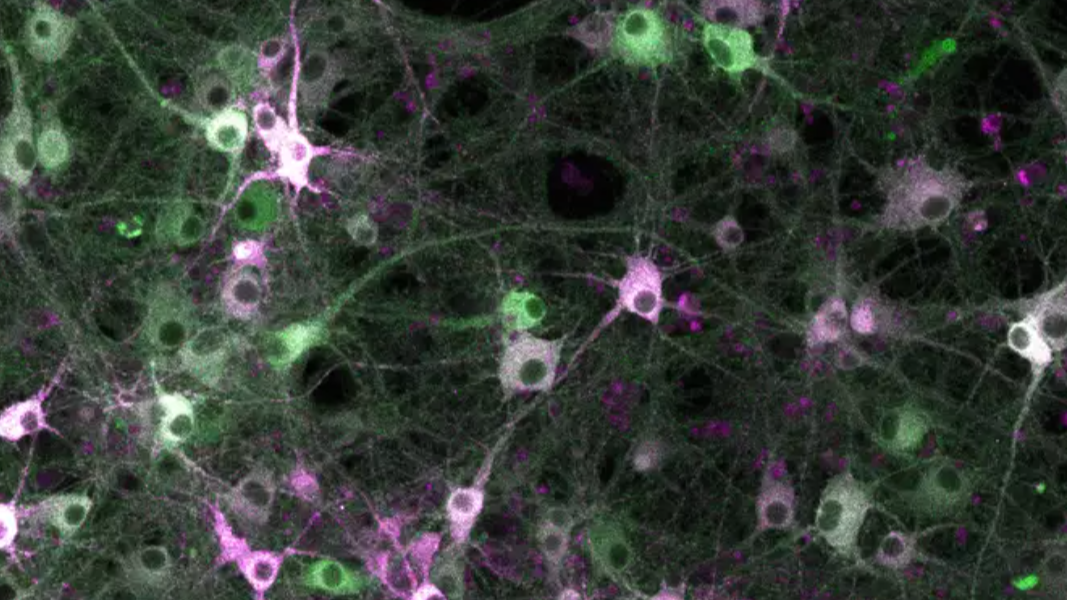DKFZ: Twelve scientists ranking in the top 1%

Twelve scientists who conduct research at the German Cancer Research Center (DKFZ) or head joint bridge departments with the DKFZ have made it to the top in 2024: they are among the leading one percent of the world’s most cited researchers in their respective fields. Scientists whose work is particularly frequently cited by peers are considered to have above-average recognition in their field. Therefore, citation frequency is one of the important metrics for measuring the influence and performance of individual researchers.
The “Web of Science Group” of the US company Clarivate annually publishes a ranking of the world’s most cited scientists in 20 different fields, covering all of science, medicine, economics and social sciences, as well as in the “Cross Fields” category.
In 2024, 6886 researchers worldwide are among the top one percent of most cited experts in their respective fields. This year, eleven scientists who conduct research at the DKFZ are among the 332 researchers from German institutions who are ranked in the top one percent – as heads of scientific departments or of bridge units with university medicine or other research institutions.
The top ranked DKFZ scientists in 2024 are:
- Ralf Bartenschlager (DKFZ and Heidelberg University Hospital, UKHD) has paved the way for the development of effective drugs against the dangerous hepatitis C virus with his groundbreaking research results.
- The epidemiologist Hermann Brenner (DKFZ and NCT Heidelberg) is considered a leading expert in the evaluation of colorectal cancer prevention measures. He was recently identified by Laborjournal as the most cited German researcher in the field of oncology.
- Eran Elinav is an expert on the health effects of the gut microbiome. He works at the Weizmann Institute in Israel and heads a research department at the DKFZ that focuses on the influence of the microbiome on carcinogenesis.
- Biochemist Tobias Dick is investigating how (cancer) cells deal with oxidative stress.
- Andreas von Deimling is internationally known for developing diagnostic antibodies that can be used to detect cancer-specific mutations and that are used worldwide to better assess brain tumors. He heads a clinical cooperation unit of the DKFZ and the UKHD.
- Nuclear medicine specialist Uwe Haberkorn, who also heads a clinical cooperation unit of the DKFZ and the UKHD, is establishing new nuclear medicine procedures based on peptides and antibodies. He is Medical Director of Nuclear Medicine at the UKHD.
- Mathias Heikenwälder (University of Tübingen and DKFZ) is investigating how chronic inflammation causes cancer and how these processes can be stopped.
- Neurologist Michael Platten heads a clinical cooperation unit of the DKFZ and the University Medical Center Mannheim. He is medical director of the Neurological University Hospital Mannheim and is researching immunotherapies for brain tumors.
- Oncologist Andreas Schneeweiß (NCT Heidelberg and DKFZ) is investigating molecular tumor profiles to better treat breast cancer patients.
- Oliver Stegle (DKFZ and EMBL) develops methods for the analysis of high-throughput data. One focus here is on methods for studying genetic variations in individual cells.
- Immunologist Uğur Şahin (University and University Medical Center of Mainz) heads the Department of mRNA-based Cancer Therapies at the Helmholtz Institute HI-TRON in Mainz. HI-TRON Mainz is a cooperative project involving the DKFZ, TRON gGmbH, the University Medical Center and the University of Mainz.
- Neurologist Wolfgang Wick is investigating molecular targets for possible targeted therapies for brain tumors. He heads a clinical cooperation unit of the DKFZ and the UKHD and is medical director of the Department of Neurology at Heidelberg University Hospital.
For the current list, Clarivate considered the authors of all scientific publications that appeared between 2013 and 2023 and that were among the one percent of most-cited papers at the end of 2023.
Depending on the size of the field, a differing number of citations is required to make it into the top one percent. Most of the researchers ranked come from US institutions (36.4%), followed by China (20.4%), the UK (8.2%) and Germany (4.8%).



